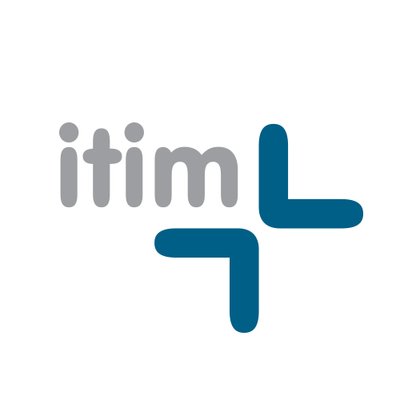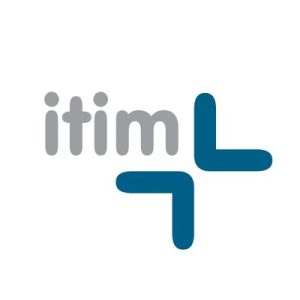Online sales in the U.S. are projected to reach $1.6 trillion, up from $1 trillion in 2023, as reported by Forrester. The appeal of online purchasing continues to resonate with many consumers, despite a moderation since the COVID-19 pandemic. During the pandemic, widespread store closures and social distancing measures turbocharged e-commerce growth. However, in recent years, there has been a shift as consumers returned to physical stores. Looking ahead to 2024 and beyond, Forrester’s principal forecast analyst, Jitender Miglani, anticipates online sales will regain momentum due to shopping offers and generative AI initiatives.
The report, covering data from 40 countries that represent 88% of the world’s gross domestic product, highlighted that online sales growth is driven by marketplaces, social commerce, online grocery buying, BOPIS (buy online, pick up in-store), quick commerce, livestream selling, and direct-to-consumer (DTC) selling. In the shorter term, Adobe’s recent online sales report indicated that, although U.S. consumers have been reducing their online spending, sales in the channel still increased by 7% from the previous year for the period of January 1 through April 30.
Despite the growth of online sales, physical stores remain a crucial part of the shopping experience. A 2023 report from the International Council of Shopping Centers revealed that opening a new store increases local online shopping by 6.9%, an effect that rises to 13.9% for DTC brands. Conversely, closing a brick-and-mortar location results in an 11.5% decrease in online sales for the brand.
As these trends unfold, more DTC brands are accelerating the establishment of pop-up shops and permanent physical locations, as well as forming wholesale partnerships. This approach aims to expand their consumer base and meet customers wherever they prefer to shop. The movement towards a hybrid operating model between online and physical retail acknowledges the limitations of relying solely on e-commerce. A recent report from NuOrder found that wholesale is the most profitable investment channel for brands.
Miglani emphasized that a hybrid business model, which integrates both online and brick-and-mortar elements, is essential for modern retail growth. It leverages the strengths of both physical and digital platforms to offer a seamless customer experience, meeting consumer expectations for flexibility and convenience through multiple engagement touchpoints. Integrating online and offline channels helps create a cohesive omnichannel experience.
itim Group plc (LON:ITIM) is a SaaS-based technology company that enables store-based retailers to optimise their businesses to improve financial performance and effectively compete with online competitors. Itim adds retail value by helping multi-channel retailers optimise their business and their stores to improve financial performance and compete more effectively with the “Amazons”.


